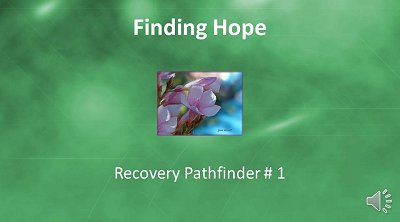How to help you cope with stress:
Stress and anxiety are common emotions for everyone. Sometimes what you need to distract yourself from what is bothering you. The following list of Youtube.com videos is meant to help you cope with stress in a positive way.
Check out the Ways of Coping Videos List to help you to relax, heal, or be more mindful. Try to watch them all and see how they make you feel. Then, choose the best ones to watch as often as you want to:
Videos to watch:
Ten Tips for Stress Management 2:14 min http://www.youtube.com/watch?v=xOpZU320v5E
Succeed with a Positive Attitude 1:00 min http://www.youtube.com/watch?v=yvtUByxnrGU
42 Ways to Celebrate and Enjoy Life 5:10 min http://www.youtube.com/watch?v=xBqsWDaUdHM
Believe in Yourself 3:42 min http://www.youtube.com/watch?v=YdpHaKkbmGk
K’NAAN Wavin’ Flag Celebration Mix 3:75 min http://www.youtube.com/watch?v=WTJSt4wP2ME
There is Hope (Meditation) 3:31 min http://www.youtube.com/watch?v=f7EuSeRBMnk
What is Mindfulness? 1:59 min http://www.youtube.com/watch?v=HCnB5i0ToUc
Stress – Let Go & Be in Flow of Life 3:08 min http://www.youtube.com/watch?v=dMGOuHwfnFQ
Forgiveness & Freedom of Letting Go 4:02 min http://www.youtube.com/watch?v=3D4VMZb8wLY
I Am Grateful 4:11 min http://www.youtube.com/watch?v=VtoGY6zMXGM
Inspirational Video: Don’t Quit Poem 2:02 min http://www.youtube.com/watch?v=VkCFeNeqyHk
Relax – Zen Garden Kokin Gumi 7:09 min http://www.youtube.com/watch?v=CR3dM-GlZK8
Eric Whitacre Virtual Choir – Lux Arumque 6:20 min http://www.youtube.com/watch?v=D7o7BrlbaDs
Yiruma – River Flows in You 3:08 https://www.youtube.com/watch?v=XsTjI75uEUQ
Enjoy these videos!
Blog #2 10-28-15 by Mary Knutson RN, MSN of Health Vista, Inc.
Updated 5-27-20
(Next – Blog #3 will be inspirational videos for teens)




